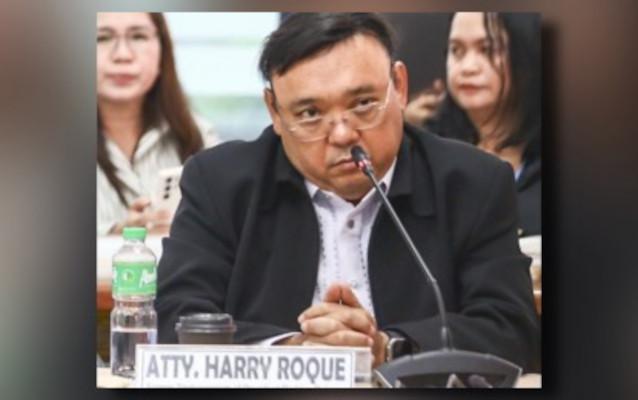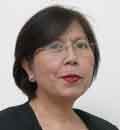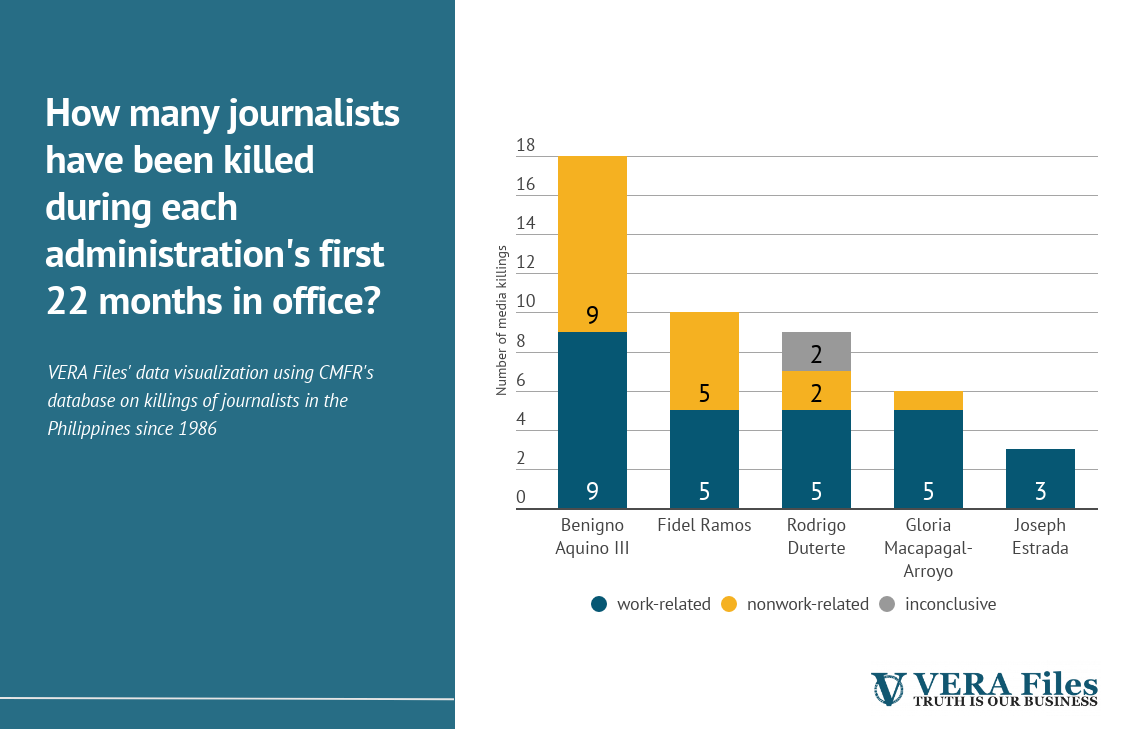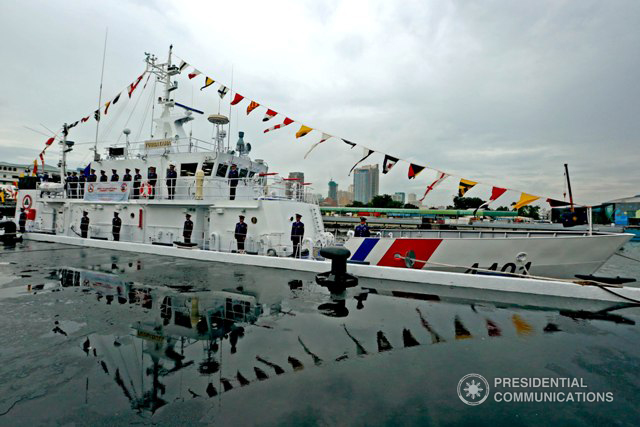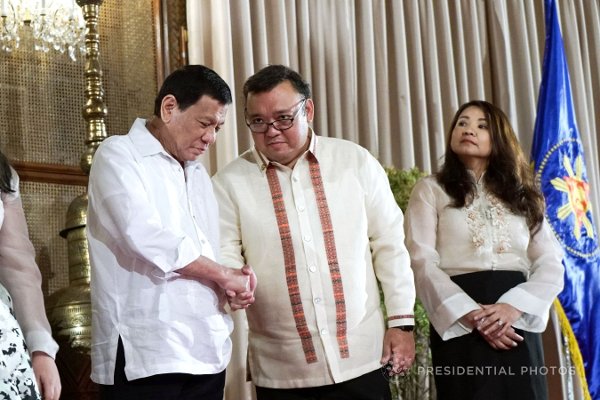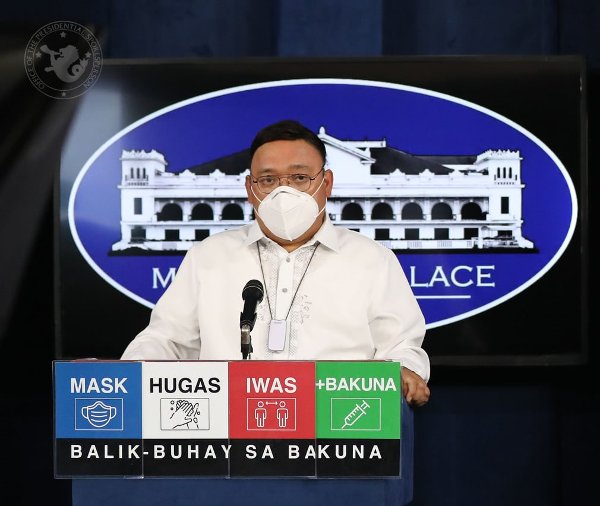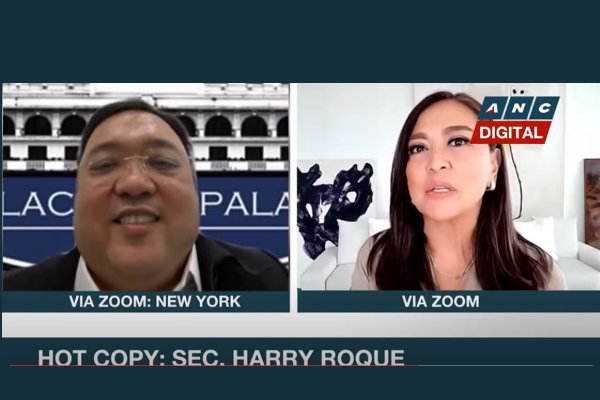When he applied for a seat at the International Law Commission (ILC) in New York in 2021, Harry Roque presented himself as an expert in international law and a human rights champion. He lost in his bid, getting the least number of votes among nominees.
Human rights groups mounted a strong opposition to his nomination by the Philippine government, under then-president Rodrigo Duterte. He failed to get one of the eight seats allotted for the Asia-Pacific region for the 34-member ILC, a United Nations expert panel that develops and codifies international law.
He taught constitutional law and public international law at the University of the Philippines College of Law for 15 years. Many students admired him then. He was a counsel for the victims of the 2009 Ampatuan massacre and the victims of systematic rape and abuse by the Japanese Imperial Army. He also represented the family of media man and environmental activist Gerry Ortega of Palawan who was murdered in 2011, allegedly due to his anti-mining and anti-corruption advocacy.
Roque was among the founders of Center for International Law, a human rights and public interest advocacy group.
Roque was a staffer at the office of the Pasay City representative when I first saw him in the late 1990s. It was at the House of Representatives that he met Mylah Reyes, then a reporter for RPN 9, who became his wife in 1999. Since then, Roque has gone a long way. He made a name for himself as a human rights lawyer.
In 2011, when he was co-chairman of the Philippine Coalition for the International Criminal Court (ICC), Roque thanked then-president Benigno Aquino III for the country’s membership in the ICC when it became a signatory to the Rome Statute.
In 2016, Roque urged the people to reject the presidential bid of Duterte, whom he described as a “self-professed murderer,” noting that “the right to life is the most important of all.”
However, his political ambitions, it would seem, changed Roque. His former colleagues and students now repudiate him. All these happened after he joined the Duterte administration as spokesman in 2017. He had to give up his congressional seat as representative of Kabayan party-list to assume the post at the Palace. Duterte then said he was chosen for the post because of his “slightly naughty speaking style.”
Roque became an interpreter of Duterte’s ambiguous statements and defender of his policies, including the bloody campaign against illegal drugs. He became the opposite of who he was before the Duterte presidency.
Frong being a human rights defender, Roque has turned into a defender of a human rights offender, who is now awaiting trial in The Hague for crimes against humanity over the killing of thousands of suspected drug users.
The Free Legal Assistance Group, in opposing Roque’s bid to join the ILC, said the former Palace spokesman “used his knowledge of international law to undermine the protections that international law provides under a regime of human rights and the rule of law.” They said Roque did so “for political gain,” as he was then aspiring for a Senate seat, thus making him unworthy to even be considered as part of the ILC.
The ILC was instrumental in the creation of the ICC, which Roque is now criticizing for acquiring jurisdiction over Duterte. ILC helped draft the statute that created the tribunal that tries genocide, war crimes and crimes against humanity.
Roque wanted to run for the Senate in 2019 but Duterte said he had no chance of winning. After two weeks, he resigned as Palace spokesman, saying he wanted to run for a House seat under Luntiang Pilipinas party-list but ended up filing for a Senate candidacy only to drop out of the race after three months, citing health reasons.
He was reappointed Palace spokesman in April 2020, then resigned again in November 2021. After he lost his ILC bid, he filed a certificate of candidacy for senator in the 2022 elections. He lost, finishing in 17th place.
He initially supported the presidency of Ferdinand Marcos Jr. but became a vocal critic, even repeatedly describing him as a drug addict.
Roque found himself embroiled in the Marcos administration’s campaign against the Philippine offshore gaming operators. He was cited in contempt twice by the House quad committee over his connection to Lucky South 99 Outsourcing, which had been shut down due to illegal activities during its operations in Porac, Pampanga.
After months of evading a congressional subpoena, Roque showed up at The Hague just days after Duterte was taken there to face the ICC for trial for crimes against humanity.
He acted as a spokesman for the former president and volunteered as a counsel for him. Roque is one of only five Filipinos accredited as counsels in the ICC. Two others — Joel Butuyan and Gilbert Andres — were his former colleagues at CenterLaw, representing victims of Duterte’s war on drugs.
But Duterte rejected him again. How his application for asylum in the Netherlands will end up is interesting to monitor. He did say that he needed the asylum to be able to defend Duterte. At least, he can’t be deported while his application is pending. With him out of Duterte’s legal team and the Philippine government opposing it, Roque’s asylum plea does not have a good chance of being granted.
As Tingog Party-list Rep. Jude Acidre said, Roque’s asylum bid was “nothing more than a cowardly maneuver” to evade accountability for his suspected involvement in illegal POGOs and related crimes, including human trafficking.
Government prosecutors filed before the Department of Justice late last year a complaint alleging that Roque used his position and influence to protect and enable criminal syndicates running offshore gambling hubs involved in human trafficking, cyber fraud and money laundering.
The Netherlands offers protection to people who are in danger in their own country. In Roque’s case, he is avoiding criminal prosecution. How will he prove a well-founded fear of political persecution to justify his asylum bid?
He will have to show more of his antics to the Duterte supporters, who still laugh at his clowning, to be relevant. But he will have a long difficult journey to redeem himself, if at all.
The views in this column are those of the author and do not necessarily reflect the views of VERA Files.
This column also appeared in The Manila Times.
